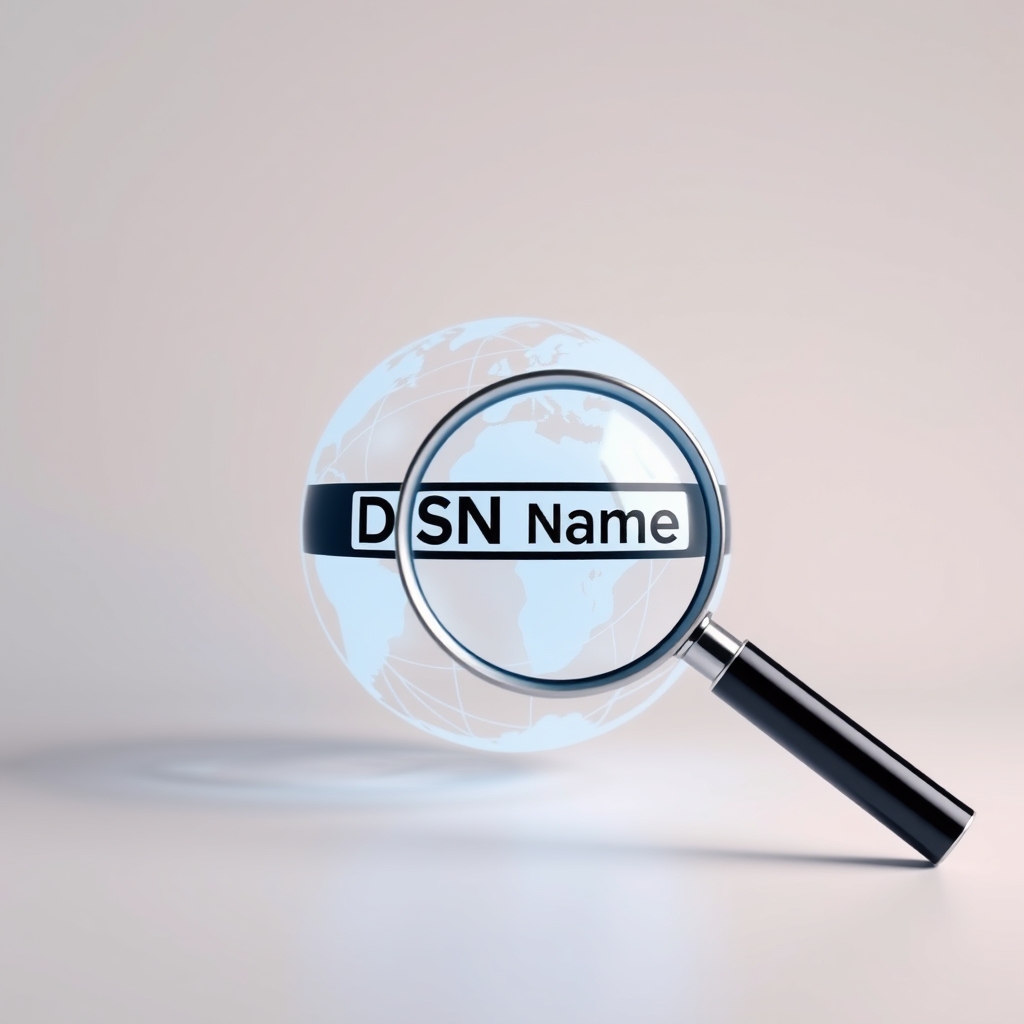Domain Name Lookup API vs DNS Record Lookup API: What to Choose?

In the world of web development and cybersecurity, APIs play a crucial role in providing essential data and functionalities. Two such APIs that are often compared are the Domain Name Lookup API and the DNS Record Lookup API. Both APIs serve distinct purposes and offer unique features that cater to different needs. In this blog post, we will delve into a detailed comparison of these two APIs, exploring their capabilities, use cases, performance, and more to help you decide which one is best suited for your requirements.
Overview of Both APIs
Domain Name Lookup API
The Domain Name Lookup API is designed to provide comprehensive information about domain ownership, registration, and contact details. This API is particularly useful for cybersecurity professionals, researchers, and domain managers who need to verify domain legitimacy or manage domain portfolios. By accessing the extensive WHOIS database, this API simplifies the retrieval of accurate and up-to-date WHOIS data, which is essential for various online activities.
DNS Record Lookup API
The DNS Record Lookup API is a powerful tool that allows users to access and analyze Domain Name System (DNS) records for any domain. This API is invaluable for businesses, developers, and network administrators who need to manage network configurations, troubleshoot issues, or optimize applications. It supports a wide range of DNS record types, enabling users to perform in-depth queries and gather critical information about a domain's configuration.
Side-by-Side Feature Comparison
Domain Information vs. DNS Lookup
One of the primary features of the Domain Name Lookup API is its ability to provide detailed domain information. Users can retrieve data about the registrant, administrative contacts, technical contacts, and billing contacts. This feature is crucial for verifying the legitimacy of a domain and ensuring online security.
{
"domain": "example.com",
"registrant": {
"name": "John Doe",
"email": "[email protected]",
"organization": "Example Inc."
},
"administrative_contact": {
"name": "Jane Smith",
"email": "[email protected]"
},
"technical_contact": {
"name": "Mike Johnson",
"email": "[email protected]"
},
"billing_contact": {
"name": "Emily Davis",
"email": "[email protected]"
}
}In contrast, the DNS Record Lookup API offers a DNS Lookup feature that allows users to retrieve various DNS records associated with a domain. This includes A, AAAA, CNAME, MX, TXT, and more. This feature is essential for network troubleshooting, email verification, and domain monitoring.
[
{
"record_type": "A",
"value": "142.251.33.110"
},
{
"record_type": "MX",
"priority": 10,
"value": "smtp.example.com."
},
{
"record_type": "TXT",
"value": "v=spf1 include:_spf.example.com ~all"
}
]Example Use Cases for Each API
Use Cases for Domain Name Lookup API
The Domain Name Lookup API is particularly useful in scenarios such as:
- Cybersecurity Investigations: Security analysts can use the API to verify domain ownership and identify potential threats.
- Domain Portfolio Management: Domain investors can manage their portfolios by retrieving ownership and contact information for their domains.
- Research Purposes: Researchers can gather data on domain registrations for studies related to internet trends and behaviors.
Use Cases for DNS Record Lookup API
The DNS Record Lookup API is ideal for:
- Network Troubleshooting: Network administrators can diagnose connectivity issues by checking DNS records.
- Email Server Configuration: Users can verify MX records to ensure proper email delivery.
- Domain Migration: During domain migrations, users can check DNS records to ensure all configurations are correctly set up.
Performance and Scalability Analysis
Both APIs are designed to handle a significant volume of requests, making them suitable for applications that require real-time data retrieval. The Domain Name Lookup API excels in providing accurate WHOIS data quickly, which is essential for applications that rely on up-to-date domain information. On the other hand, the DNS Record Lookup API is optimized for fast DNS queries, allowing users to retrieve multiple record types efficiently.
Pros and Cons of Each API
Domain Name Lookup API
Pros:
- Access to comprehensive WHOIS data.
- Useful for cybersecurity and domain management.
- Easy to integrate with existing applications.
Cons:
- Limited to domain ownership and registration information.
- May not provide real-time updates for all domains.
DNS Record Lookup API
Pros:
- Supports a wide range of DNS record types.
- Ideal for network management and troubleshooting.
- Fast and efficient data retrieval.
Cons:
- Less focus on domain ownership information.
- Requires understanding of DNS records for effective use.
Final Recommendation
Choosing between the Domain Name Lookup API and the DNS Record Lookup API ultimately depends on your specific needs:
- If your primary focus is on domain ownership, registration details, and cybersecurity, the Domain Name Lookup API is the better choice.
- If you need to analyze DNS records for network management, troubleshooting, or application optimization, the DNS Record Lookup API will serve you better.
In conclusion, both APIs offer valuable functionalities that cater to different aspects of domain management and cybersecurity. By understanding their features, use cases, and performance, you can make an informed decision that aligns with your project requirements.
Want to try the Domain Name Lookup API? Check out the API documentation to get started.
Want to try the DNS Record Lookup API? Check out the API documentation to get started.





